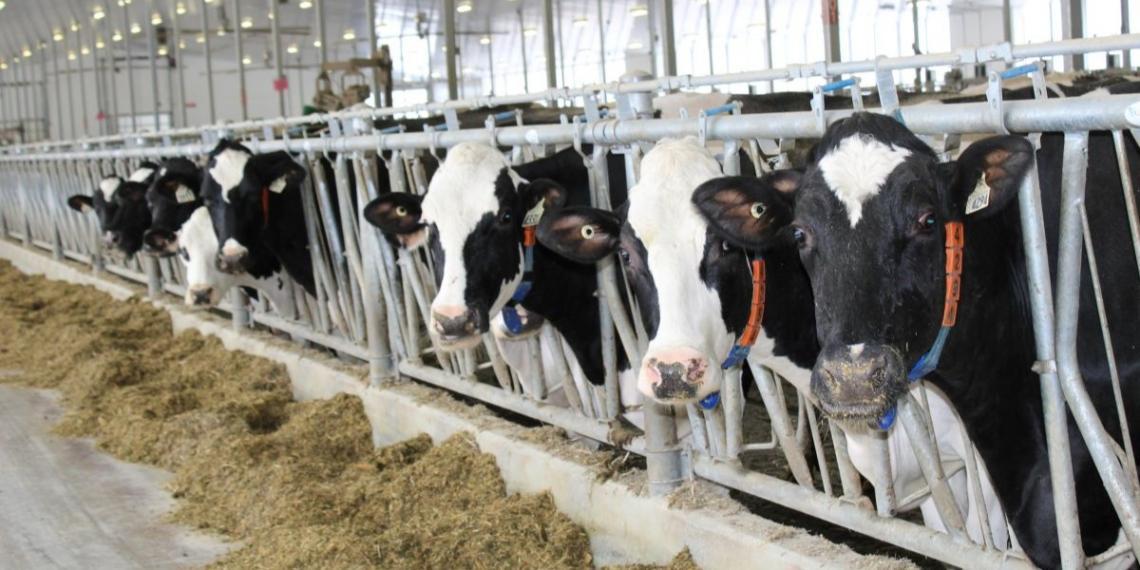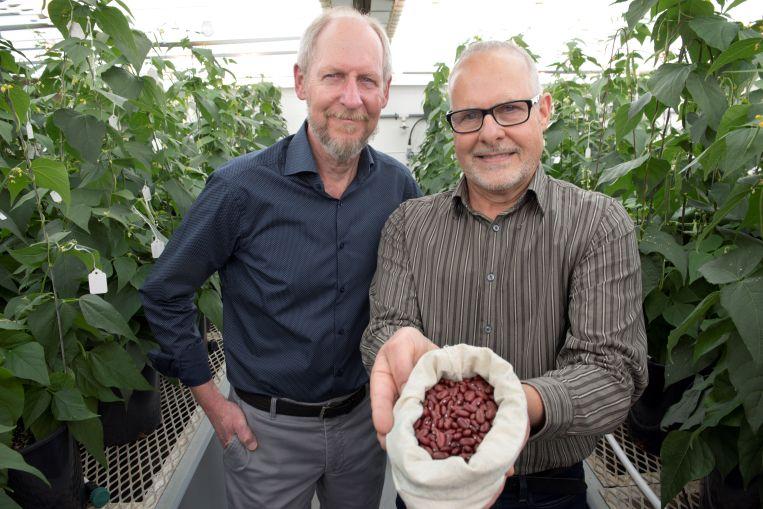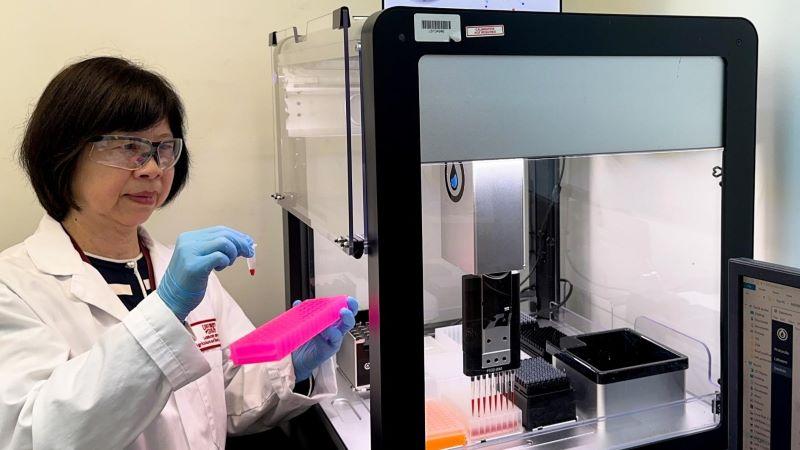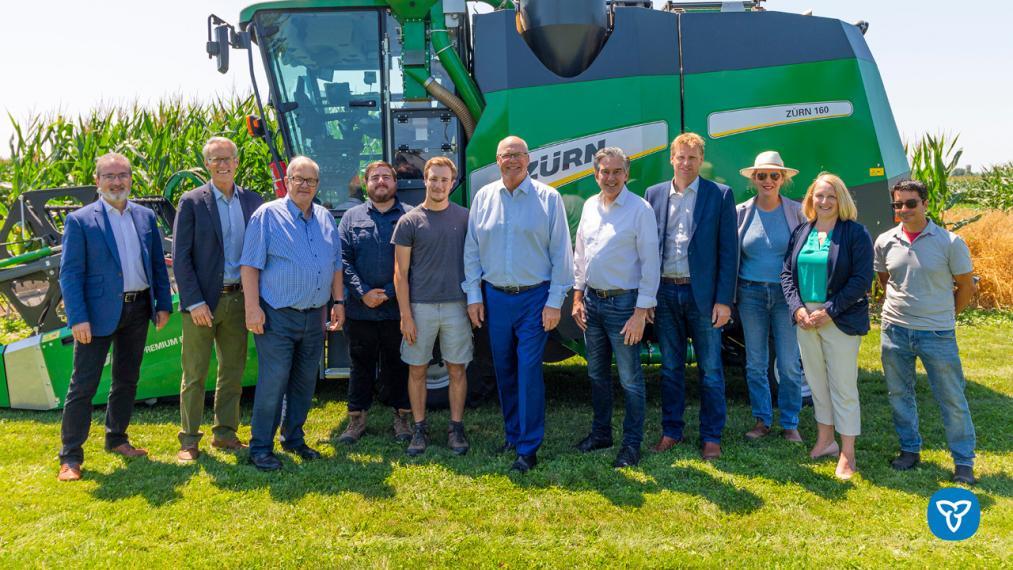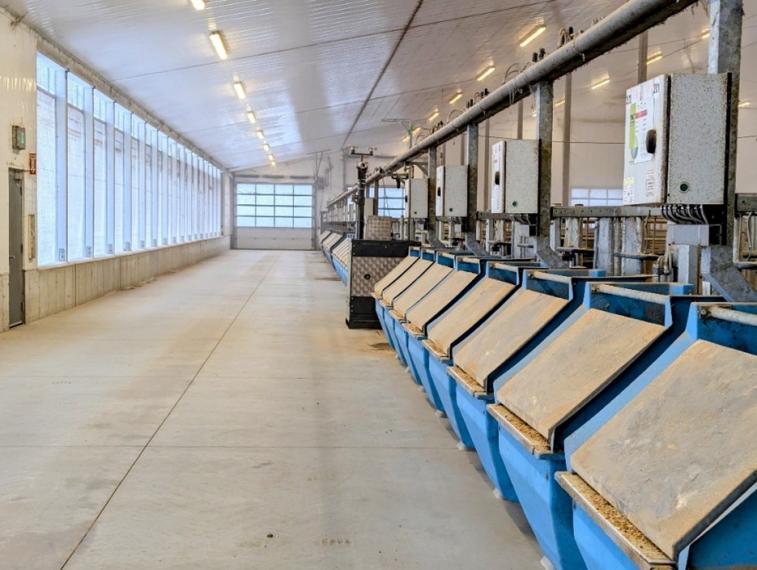
Alliance research impact: "Beef on dairy" calves help dairy farmers capture new market opportunities
The advent of sexed dairy semen has brought new options for Canadian dairy farmers. The best cows and heifers can be bred to ensure production of female calves, and older or lower-quality cows can be bred with beef semen to deliver a new revenue stream of crossbred calves. These “beef on dairy” calves are born on the dairy farm and raised as a beef animal for market.
Dr. Michael Steele believes there is much we need to learn about this new market segment.
